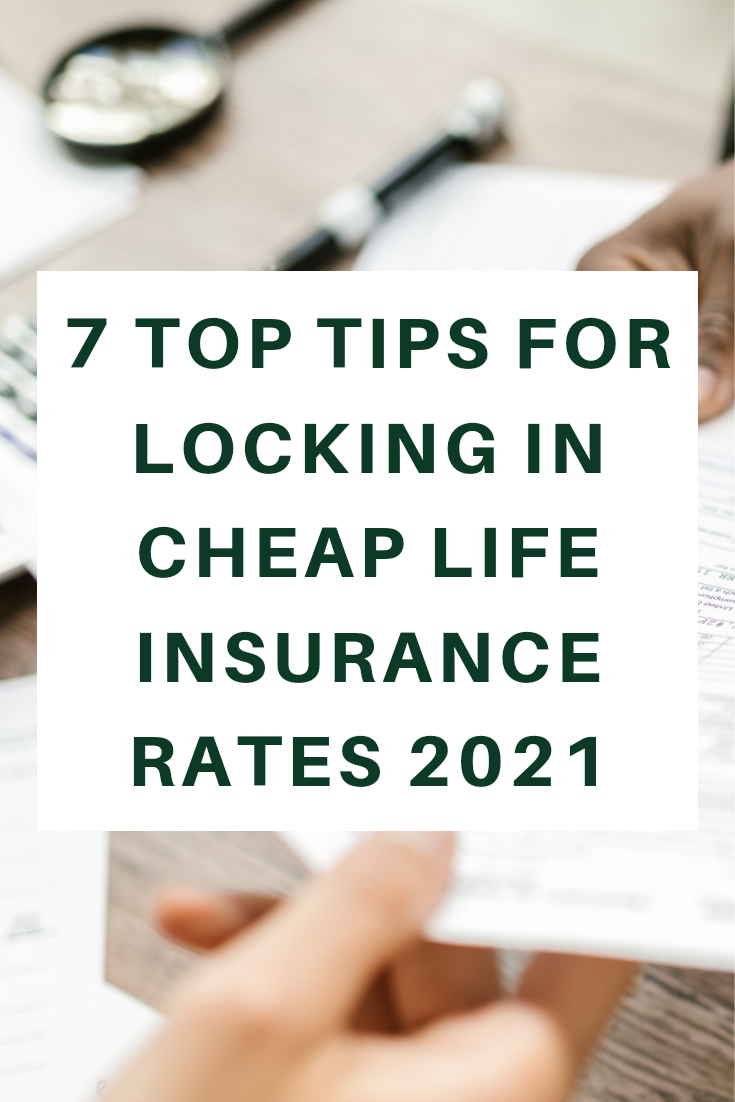Do you need life insurance?
Life insurance is worth thinking about if you have a family who rely heavily on your income to pay the mortgage and cover everyday living costs.
Many people are prompted to take out life insurance after buying a new home, getting hitched, or having a baby. The devastating impact of the global COVID-19 has also been a significant trigger and the life insurance sector is one of the few that has thrived during this challenging time.
Life insurance gives you peace of mind that if anything should happen to you unexpectedly, your family would have the financial support they need to continue their current lifestyle.
How to save on premiums
Like many people, you may worry that life insurance is going to be too expensive for you. However, you may be surprised to know that there are various ways you can reduce the cost of your cover.
When applying for a policy, there are many factors which insurers take into account to calculate your monthly premium, including your age, health, smoking status and weight.
Insurers will also consider the type of policy you’ve chosen, the level of cover you’ve requested (the sum assured) and how long you need the cover for (the term).
These details will help them to calculate how risky your application is and what terms to offer you. The higher the risk, the more expensive your premium will be.
Whilst we can’t control some aspects of our lives, there are some things you can do to become more insurable and improve your chances of locking-in a lower premium.
Keeping in mind that it’s also important to be completely honest when applying for life insurance, as providing false details can invalidate your policy, (this is known as non-disclosure).
Reassured, the largest life insurance broker in the UK, has provided their top 7 tips for locking-in the cheapest life insurance rates.

Continue reading to find out the top 7 secrets to securing low premiums in 2021…
1. Secure life insurance sooner rather than later
Life insurance gets more expensive as you get older. The cost will creep up more and more every year as your life expectancy shortens.
Therefore, whether you’re in your 20s, 40s or 60s, it’s wise to take out a policy as soon as you can to guarantee the lowest rate possible, lock it in long-term and save yourself money in the future.
2. Lead a healthy lifestyle
People who smoke, vape, take recreational drugs or drink too much alcohol will pay extra for their cover due to the health risks associated with these habits.
Being obese (having a high BMI) can also inflate your premiums as you’re at higher risk of developing serious illnesses which could impact your life expectancy.
Reassured have written this comprehensive guide on how your weight can affect your life insurance if you require additional information.
It’s much easier said than done, but quitting smoking, cutting down on booze and keeping fit can help you save money on your premiums.
When you’ve maintained a healthy lifestyle for a certain period of time, insurers will reward you with a more favourable rate.
3. Only take out as much cover as you need
When you’re on a budget, it’s important to think carefully about how much cover you need. This is because the level of cover you choose will affect the cost of your monthly premium.
It doesn’t make sense to pay over the odds for more cover than you need, so you’ll need to calculate the right amount that meets your specific needs before securing a policy.
You may want to prioritise protecting your most significant and largest debt which is usually a mortgage. Also, consider long-term family living costs and childcare expenses.

4. Choose a decreasing term policy (if suitable)
There are different types of life insurance available, but the cheapest option tends to be decreasing term life insurance.
It’s more affordable because the pay out sum decreases over the life of the policy until it’s down to zero by the end of the term, so the amount your family could receive reduces over time.
It also only pays out if you die during the term, unlike whole of life insurance which guarantees a pay out.
If you have a repayment mortgage and are on a tight budget, then a decreasing term policy could be ideal for covering this debt and ensuring that your family can remain in their home if anything should happen to you.
5. Choose a shorter policy term
As with the amount of cover you choose, the length of your policy will also impact the cost of your life insurance.
People who’ve opted for term-based life insurance usually have their policy end when their mortgage is paid off or when their children become financially independent.
It’s often sensible to have your policy term match your mortgage term, so they both expire at the same time. With whole of life and over 50s policies it’s not possible to reduce the term because the policy remains in place until you pass away, and a pay out is made to your loved ones.
6. Consider joint life insurance
If you’re in a relationship, then you may consider taking out a joint policy to cover both partners. It’s cheaper than two single policies (up to 25%) as you only pay one single monthly premium.
However, only one pay out is issued if one of you passes away during the policy term.
It’s one way to save money on your life insurance but it may not be suitable for everyone.
7. Compare quotes, shop around
The cost of life insurance can vary a lot between insurers, so a great way to secure the cheapest rate is to shop around.
You can compare quotes by using a comparison site, contacting the individual insurers yourself or you could seek help from an expert at an FCA-regulated brokerage (usually free of charge).
A broker can do more than just compare life insurance quotes, they also help you identify the best policy for you and your family and fill in the application form on your behalf, saving you the time and hassle doing it yourself.
*This is a collaborative post

